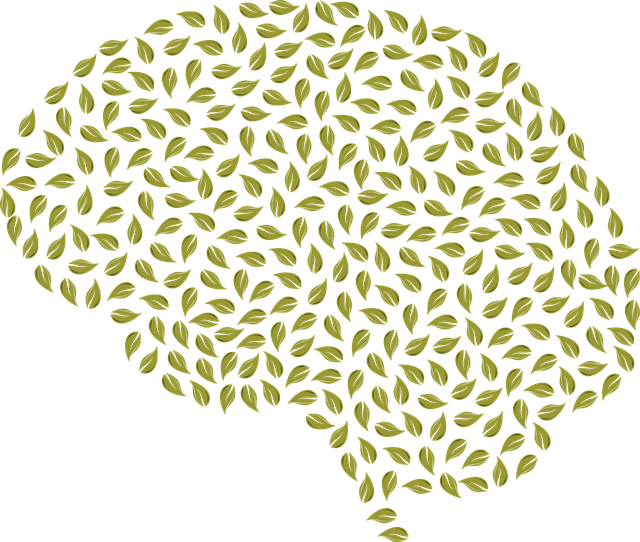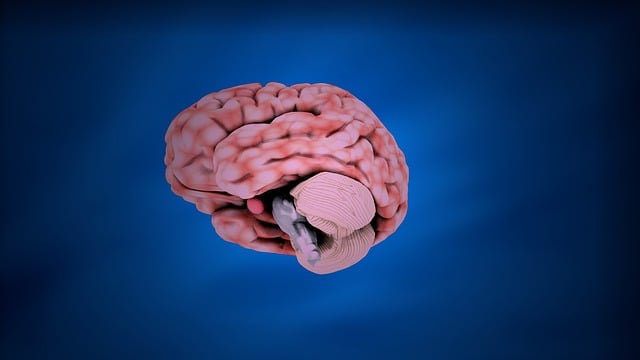Emotional Intelligence (EQ) is a vital skill for children's development, enhancing their well-being and success. High EQ helps kids manage emotions, improve social interactions, build self-confidence, and communicate effectively. It's especially crucial in therapy for children gambling or behavioral issues, aiding therapists to guide them away from destructive patterns. Early recognition of gambling addiction signs by parents is key, prompting prompt professional help through specialized therapy for children gambling. This equips them with stress management tools and healthier coping mechanisms. EQ development through therapeutic approaches like CBT and mindfulness promotes resilience, improves communication, and strengthens emotional awareness, addressing issues like therapy for children gambling.
Emotional intelligence (EI) is a powerful tool for children’s holistic development. This article explores its profound impact on young lives, offering insights into various facets of EI growth. We delve into identifying gambling addiction signs in kids, emphasizing early detection through parental guidance. The link between EI and responsible decision-making highlights its preventive role in at-risk behaviors. Therapeutic approaches tailored for children seek to enhance emotional awareness, while comprehensive strategies build resilience and healthy coping mechanisms.
- Understanding Emotional Intelligence and its Impact on Children
- Identifying Signs of Gambling Addiction in Kids: A Parent's Guide
- The Link Between Emotional Intelligence and Responsible Decision-Making
- Therapeutic Approaches to Enhance Emotional Awareness in Children
- Building Resilience and Healthy Coping Mechanisms: A Comprehensive Strategy
Understanding Emotional Intelligence and its Impact on Children

Emotional intelligence (EQ) is a vital skill for children to develop as it significantly influences their overall well-being and success in life. It involves recognizing, understanding, and managing one’s own emotions, as well as empathizing with and responding appropriately to the feelings of others. High EQ fosters better social interactions, enhances self-confidence, and promotes effective communication, all of which are essential for a child’s healthy development.
Children with strong emotional intelligence are better equipped to handle challenges, manage stress, and seek anxiety relief. This skill set enables them to navigate complex social situations, build positive relationships, and develop resilience. In the context of therapy for children gambling or other behavioral issues, EQ plays a pivotal role in the healing processes. By teaching children to recognize and regulate their emotions, therapists can help them break free from destructive behaviors and foster mental wellness. The concept of emotional intelligence is often explored in popular mental wellness podcast series production, highlighting its relevance in modern society where emotional healing processes are crucial for overall health and happiness.
Identifying Signs of Gambling Addiction in Kids: A Parent's Guide

Recognizing signs of gambling addiction early is crucial for a child’s well-being and future mental health stability. Parents play a vital role in this, as they are often the first to notice changes in their child’s behavior. Children might exhibit secretive behavior, such as hiding mobile devices or money, and becoming increasingly withdrawn or irritable. They may also start borrowing or stealing money without any apparent reason, indicating an attempt to fund their gambling activities.
If you suspect your child could be struggling with gambling addiction, it is essential to seek professional help promptly. Therapy for children gambling can be life-changing, offering them tools for stress management and healthier coping mechanisms. Healthcare providers and mental health professionals equipped with cultural competency training in gaming disorders are best positioned to conduct a comprehensive risk assessment, providing the necessary support tailored to your child’s unique needs.
The Link Between Emotional Intelligence and Responsible Decision-Making

Emotional intelligence (EQ) plays a pivotal role in responsible decision-making, especially for children and adolescents who are still developing their coping mechanisms. High EQ individuals are better equipped to recognize and manage their emotions, which is crucial when navigating complex situations. This ability allows them to make more thoughtful choices, particularly in stressful or high-pressure environments like schools or homes. For instance, a child with well-developed emotional intelligence might use compassion cultivation practices to reduce anxiety before a significant test, thereby making more rational decisions during the exam.
In the context of at-risk populations, such as children involved in therapy for gambling addiction, EQ can be a powerful tool for intervention. By incorporating coping skills development and emotional healing processes into their treatment plans, professionals can empower these young individuals to make healthier choices. Enhanced emotional intelligence helps them understand and regulate their emotions, reducing impulsive behaviors that might lead to gambling-related issues or other challenges. This proactive approach not only supports their therapy but also equips them with lifelong skills for navigating life’s complexities and making informed decisions.
Therapeutic Approaches to Enhance Emotional Awareness in Children

Children’s emotional awareness can be enhanced through various therapeutic approaches tailored to their unique needs. One such effective method is Cognitive Behavioral Therapy (CBT), which helps young individuals identify and challenge negative thought patterns and emotions. By teaching them to recognize triggers and manage responses, CBT empowers kids to develop healthier coping mechanisms. This therapy for children gambling, among other issues, focuses on the connection between thoughts, feelings, and behaviors, fostering a deeper understanding of emotional experiences.
Additionally, mindfulness practices have gained prominence in promoting mental wellness. Teaching children techniques like deep breathing and body scans can enhance their ability to stay present and manage stress reduction methods. These approaches encourage positive thinking by cultivating awareness of emotions without judgment. Through such therapeutic interventions, kids can build resilience, improve communication skills, and develop a stronger connection to their inner selves, contributing significantly to their overall emotional intelligence and mental wellness.
Building Resilience and Healthy Coping Mechanisms: A Comprehensive Strategy

Building resilience and healthy coping mechanisms is a cornerstone of emotional intelligence development, especially for children. By teaching them effective strategies to navigate life’s challenges, we empower them to handle stress, anxiety, and even traumatic situations with greater ease. This process involves a combination of therapy techniques tailored to their needs, such as mindfulness meditation and crisis intervention guidance. These practices not only help children understand and manage their emotions but also foster better communication skills, enabling them to resolve conflicts constructively.
In the context of high-risk populations, like those exposed to gambling addiction in the family, implementing comprehensive strategies becomes even more critical. Therapy for Children Gambling can play a pivotal role in building emotional intelligence by addressing specific needs and traumas associated with such environments. Integrating conflict resolution techniques into these interventions ensures children learn how to navigate interpersonal challenges while cultivating emotional awareness and regulatory skills, ultimately enhancing their overall well-being.
Emotional intelligence is a vital component of healthy development, with significant impacts on children’s well-being and future success. By understanding and recognizing emotional cues, young individuals can develop essential skills for responsible decision-making and build resilience to challenges, including addiction. This article has explored various aspects of emotional intelligence building, from identifying gambling addiction signs in kids to comprehensive strategies for enhancing therapeutic approaches. Through these insights, parents, caregivers, and educators are equipped with the knowledge to foster a child’s emotional awareness, thereby promoting overall growth and well-being, especially in navigating complex issues like gambling-related behaviors.














